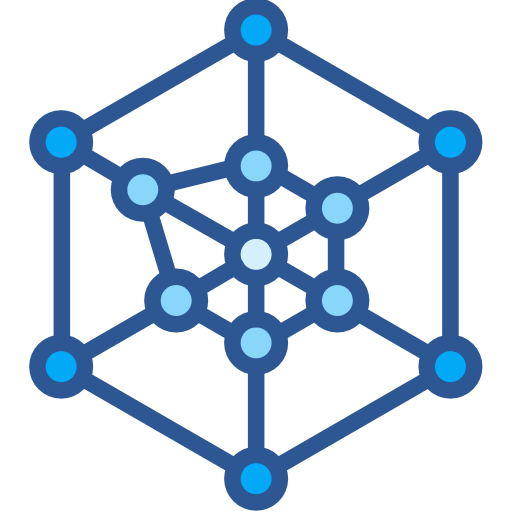What is URGENT?
URGENT aims to decarbonise Europe’s heating sector by developing innovative, low-impact seismic exploration technologies and AI-driven analysis to optimise geothermal resource exploration in urban and sensitive industrial areas enhancing plant longevity and community acceptance.
What will URGENT do?
The project will design and test low-impact tools at three sites improving the accuracy of underground mapping and reducing drilling risks. By using advanced tools like AI and machine learning, URGENT hopes to lower exploration costs, increase drilling success, and extend the life of geothermal plants while reducing seismic risk.
Objectives

Enable the efficient and affordable collection of low-impact seismic data to reduce risks and speed up geothermal development in un(der)explored areas.

Enhance reservoir characterisation and fault detection with faster data analysis to boost drilling success rates.

Develop innovative modeling and simulation techniques to support risk management and ensure long-term reservoir performance.

Build community acceptance of URGENT solutions and drive market adoption while boosting engagement for geothermal energy.

Develop integrated exploration strategies to reduce risks in geothermal projects across diverse geological settings and reservoir depths.
Expected results
- Electric low-impact seismic source emitting repeatable and low distortion acoustic signals over a broad frequency range, capable of reaching up to 4000m deep geothermal reservoirs.
- Innovative microelectromechanical systems (MEMS) based seismic sensors.
- Survey design will be optimised to enable the best technical outcomes over a wide range of geological settings suited for urban or noisy industrial areas.
- An integrated processing workflow will be developed to ensure that (post-) processing of the data results in the highest integrity models.
- Machine Learning (ML) post-processing methods will be developed to support the construction of physical rock properties and structural models by assisting in the detection of faults and fractures as well as seismic attribute cluster analysis.
- A risk management toolbox will be developed to support project risk and performance management.
- A roadmap for maximising URGENT impact will identify critical factors affecting public acceptance including environmental, social, and political aspects and define an exploitation roadmap towards higher TRLs.
- Technical workflows to acquire and process data fit for various geothermal targets from shallow stratigraphic basins to deep hard-rock basements will be formulated.
